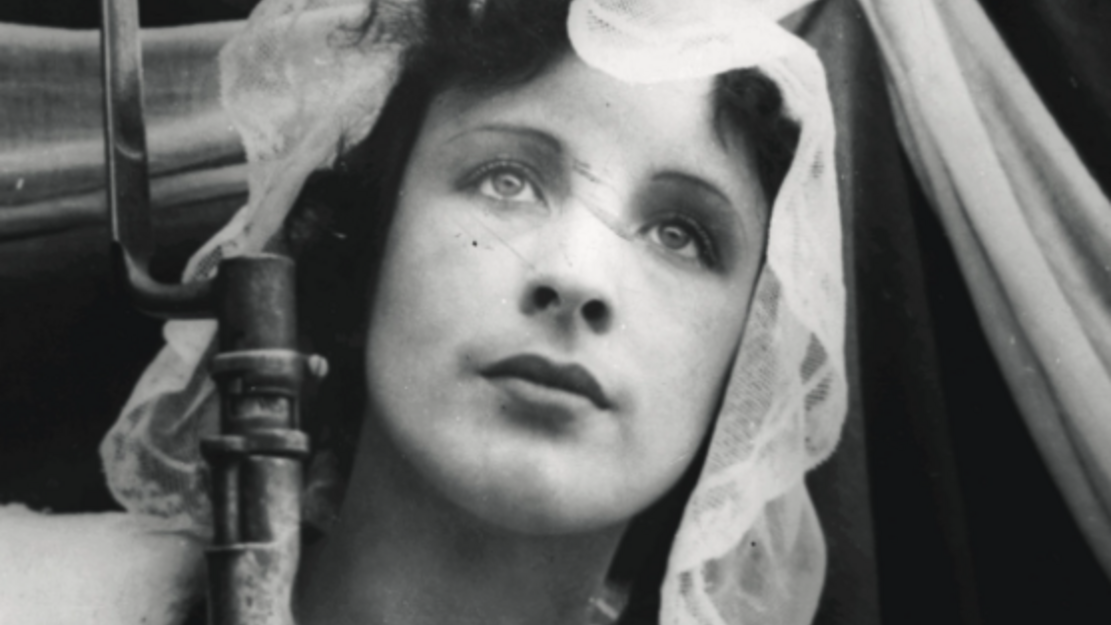Revolutionary Symphonies - Les Talens Lyriques
05 December France / Paris
Friday, December 5, 2025, 8pm – Auditorium du Louvre, Paris, France
Concert presented as part of the Jacques-Louis David exhibition at the Musée du Louvre.
With the support of the Cercle des mécènes des Talens Lyriques.
With the support of the Cercle des mécènes des Talens Lyriques.
PROGRAM
Christoph Willibald Gluck (1714–1787)
Orphée et Eurydice (1774)
– Overture
– Dance of the Blessed Spirits and Dance of the Furies
Orphée et Eurydice (1774)
– Overture
– Dance of the Blessed Spirits and Dance of the Furies
François-Joseph Gossec (1734–1829)
Symphony in B-flat major, Op. 6 No. 6
Symphony in B-flat major, Op. 6 No. 6
François Devienne (1759–1803)
Symphonie concertante No. 2 in F major, for flute, oboe, horn, and bassoon
Symphonie concertante No. 2 in F major, for flute, oboe, horn, and bassoon
Étienne Nicolas Méhul (1763–1817)
Symphony No. 2 in D major
PERFORMERS
Symphony No. 2 in D major
PERFORMERS
Les Talens Lyriques
Christophe Rousset, conductor
Christophe Rousset, conductor
“The story of Orpheus and Eurydice is a tragic one: bitten by a serpent on her wedding day, Eurydice is torn from life. Orpheus is granted permission by Pluto and Proserpina to bring her back from the Underworld—on one condition: he must never look back. But doubt creeps in; Eurydice, feeling abandoned, reproaches him for his coldness, and the single act of turning toward her seals her fate forever. This drama reminds us that love constantly needs to be renewed and that a single gesture can change everything.”
“This work forms part of a broader program tracing how emotion in music and the arts evolved on the threshold of the Revolutionary era. From Gluck to Méhul, an entire world is shifting: aristocratic grandeur gives way to ideals of liberty and universality. Music—like the painting of Jacques-Louis David—captures this breath of renewal. This journey through history and human passion extends beyond masterpieces: it also restores to life those ‘lesser masters,’ such as Salieri, whose influence helps us better understand the greats. As in painting, one must sometimes linger over the quieter figures to grasp the full richness of an age.”
— Christophe Rousset
— Christophe Rousset


